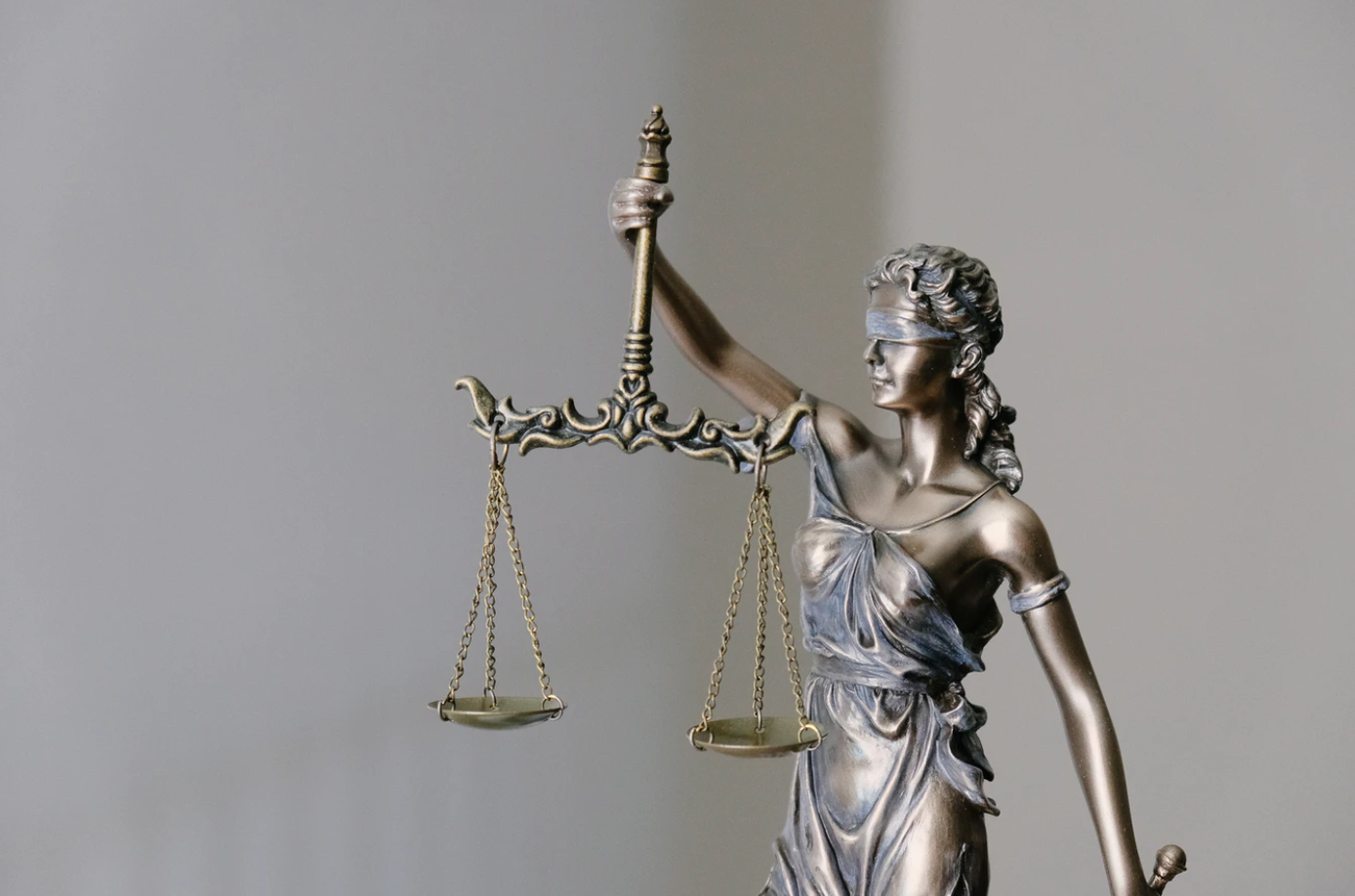Exploring the Concept of Justice in Different Religions

Exploring the Concept of Justice in Different Religions
Justice is a concept that involves upholding moral standards, treating others with fairness and equality, and acting with righteousness and compassion. Often seen as the cornerstone of a just and fair society, justice is (in most legal systems) administered through the judicial branch of government, which is responsible for interpreting and applying the law. The concept of justice can also be understood in a moral or philosophical sense, as a principle that guides how individuals and societies should behave. Every culture and religion has its own belief systems and its own unique perspectives on justice, which can often be seen as a key aspect of its spiritual growth and development.In this article, we will look at the role that justice plays in our spiritual growth and development and consider the importance of understanding and upholding justice in different religions. By examining the concept of justice in different religions, we can gain a greater appreciation for the diversity of beliefs and values that exist in the world and work towards building a society that is more just and equal for all people.How Justice is Defined in Different ReligionsChristianity: upholding moral standards and treating others with fairness and equality.It is believed that God is just and will judge all things fairly. Because of this, Jesus taught believers to strive to do justice according to His standards. The Bible contains numerous passages that speak to the importance of justice, including the commandment to "do justice, love mercy, and walk humbly with your God" (Micah 6:8). In the New Testament, Jesus teaches that we should love our neighbors as ourselves and treat others with compassion and kindness (Matthew 22:39). The parable of the Good Samaritan, in which a man helps a stranger in need, is often cited as an example of justice in action in Christianity.Islam: upholding the principles of fairness, equality, and compassion.The Qur'an contains numerous passages that speak to the importance of justice, including the verse "O you who have believed, be persistently firm in justice, witnesses for Allah, even if it be against yourselves or your parents and relatives" (Qur'an 4:135). Muslims are required to practice justice in their lives by protecting the rights of individuals, regardless of race or religion. It also requires Muslims to provide for those less fortunate in society, including orphans and widows; this could involve providing financial support or showing kindness through words or actions. The concept of zakat, or charitable giving, is seen as a way to promote justice in the community.Judaism: upholding the principles of righteousness and fairness and treating others with kindness and compassion.
 Photo by Ben Ostrower on Unsplash
Photo by Ben Ostrower on Unsplash

About Kenneth Garcia
Kenneth Garcia graduated bachelor’s degree in religious studies major in theology. He has a passion for writing, and he sees his position as an opportunity to touch a multitude of individuals coming from different races and various walks of life. You can read more of his work at biblekeeper.com.
